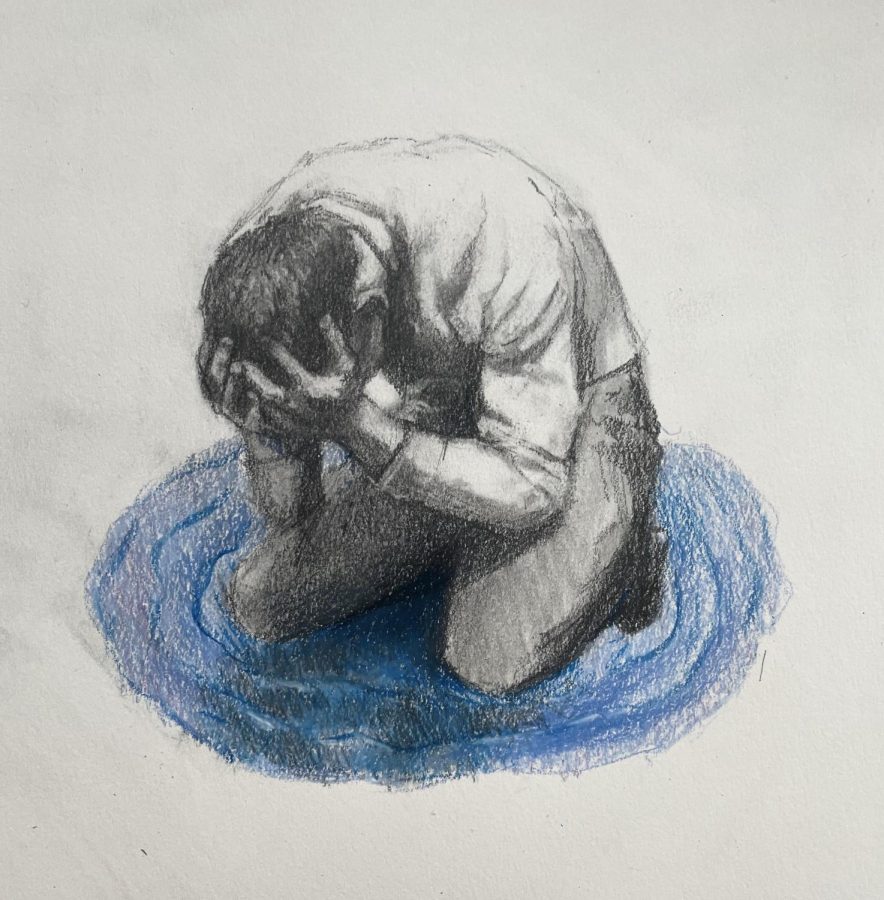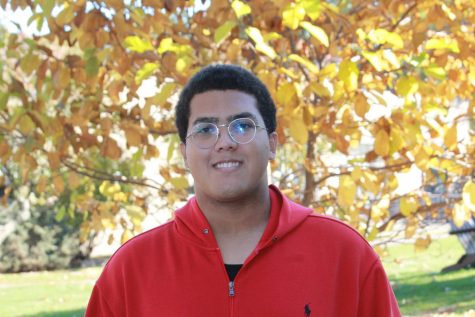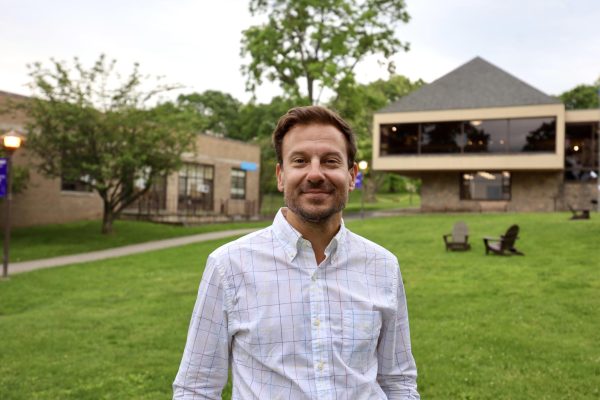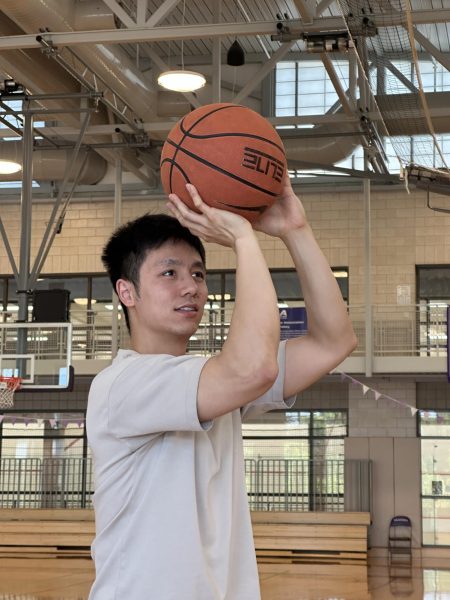The mental wellbeing of adolescents
An inside look at the mental health of high school students
April 4, 2022
High school students are psychologically fickle creatures. That much makes sense, as they are between the developmental stages of early childhood and adulthood.
“It’s a transition period because high schoolers are learning how to be adults who can manage and understand themselves,” Ilana Rosenberg, Westchester psychologist for children through adults, said.
And so, there’s a core method within therapy. “There are many kinds of therapies, but all of them require trust.” Rosenberg said. “Without trust, you don’t have a therapeutic relationship. It’s hard to talk about certain things, especially for high schoolers, so they need to know that nothing they say will leave the office.”
Client confidentiality is an industry standard for licensed psychotherapists. It means that nothing a client shares within the office will be revealed to any degree with anyone else, including the caretakers of a minor. It can only be broken when a psychotherapist has reason to believe their client is a threat to themselves or others, or that they’re at risk of being hurt by someone else.
At Masters, it’s hard to say who is the caretaker of boarders. Both a student’s parental guardian and their dorm parents are responsible for their wellbeing.
“It is often helpful and important for the parents or guardians to be involved to some degree in their child’s therapy. Most therapists working with clients over 12 will protect their confidentiality and only involve their parent/guardian to let them know generally how they are doing in therapy but not give specifics. There may be times when the therapist thinks it is important to involve the parents and they generally will ask their client’s permission to speak to the parent about something specific. However, when a therapist thinks that their client is at risk for serious harm to themselves or others, they must tell the parents (or appropriate adult) and do not need their permission,” said Dr. Linda Sadler, another Westchester psychologist specializing in adolescents and young adults.
An issue complicating the process of getting help is the current caseload of most psychotherapists within New York. “In Westchester and the New York area especially, it seems many mental health professionals have their hands full. This has been the case especially since the start of Covid,” Sadler said. “The cost of therapy can be expensive, but some mental health providers accept medical insurance or their fees can be reimbursed to a good extent by many medical insurance plans. Also, many mental health providers have sliding scale fees so there may be some negotiation based on a client’s ability to pay.”
Having served as Former Head of Support Services at Hackley up until this past year, Sadler has come to appreciate school counselors in her current role as a private-practice psychologist. “When a student is having an acute mental health crisis, it is often helpful to work with the school to support them. School counselors, especially those at Masters, are well trained in dealing with these kinds of crises.”
A poll was sent out to 110 randomly selected students at Masters, each equally distributed across the grades. Participants were asked questions about their mental wellbeing and what resources they relied on. Of those 71 who answered, only six respondents reported that they were seeking counseling help through Masters. Overall, only one third of the respondents said they were seeking psychiatric care in any capacity, despite over half of the total respondents having some degree of concern about their own mental health.
One Masters student, who asked to remain anonymous, said that it was hard to imagine talking with an adult about their problems without there being consequences. “As a boarder, I can’t imagine talking to my dorm parents about my struggles,” the student said. They continued, “I play sports outside of school, and I don’t want to risk losing that outlet if I say something that gets them thinking I can’t handle doing it.” Although it isn’t standard procedure for dorm parents to bar students from outside activities based on conjecture, the fear of that happening is real for this student. .
When asked who they felt comfortable talking with, this student emphasized the importance of their friendships. “I don’t talk with my family much because I never really have the time, but my friends are always there for me. I think I’ve got depressive and anxiety disorders, and it really helps to be able to talk about my self-diagnoses with someone I trust.”
Another anonymous respondent highlighted the size and expectations of the school. “It’s a small school. It’s easy to imagine what .you say being traced back to you,” They said. “It’s not like everyone’s doing peachy keen, either. I’ve been seeing a therapist for my anxiety, and I’m sure other people have to do that as well.”
Lydia Whitney, Masters counselor, said that students should be seeking out the adults in their community that they can trust. “I truly believe this is a community whose leaders do care about its students. Bad experiences are entirely valid, but nobody should let that supersede their concerns for their wellbeing. The counseling center prefers to keep things slow and keep students safe, and we strongly encourage students seek us out with any of their concerns.”



























